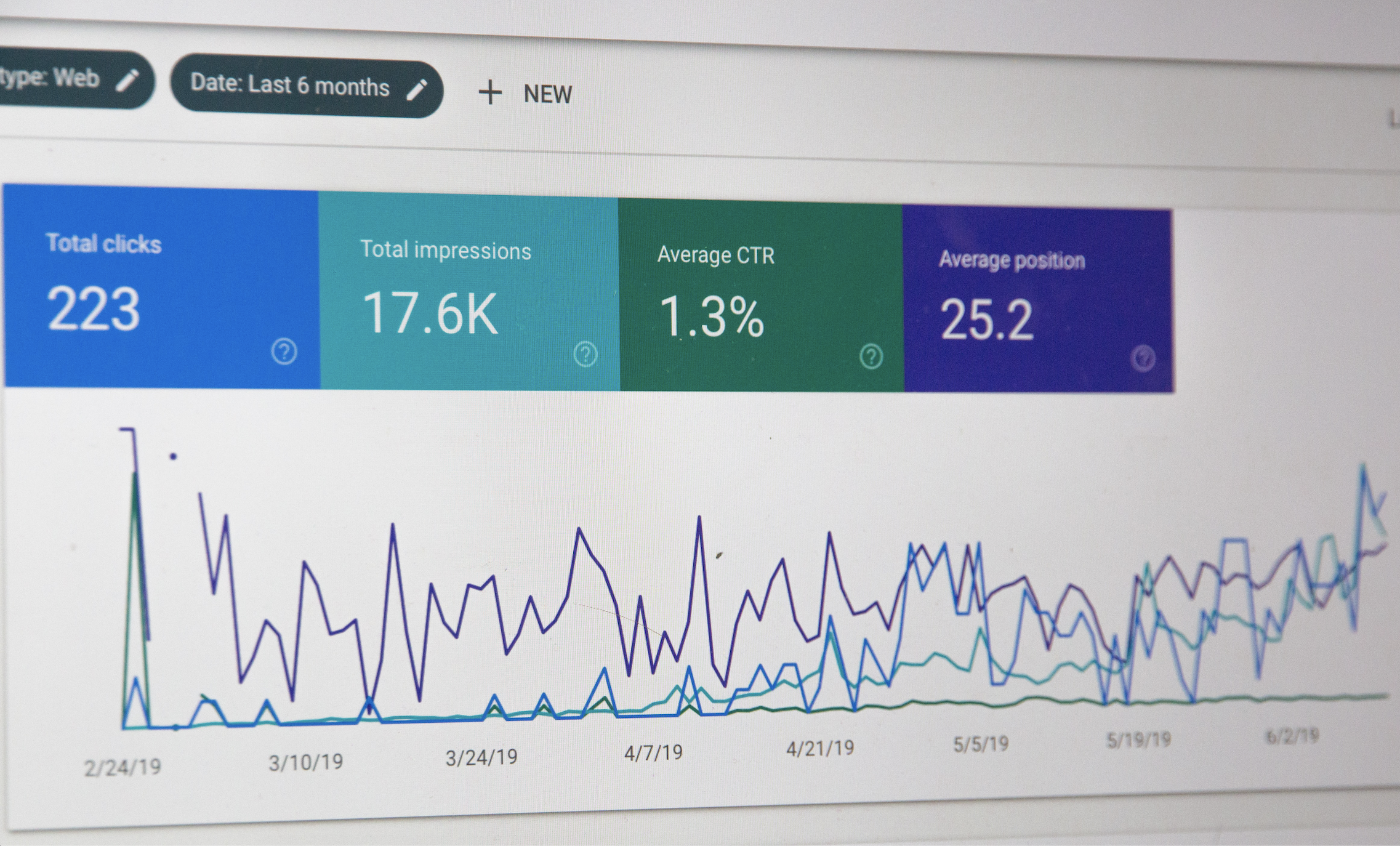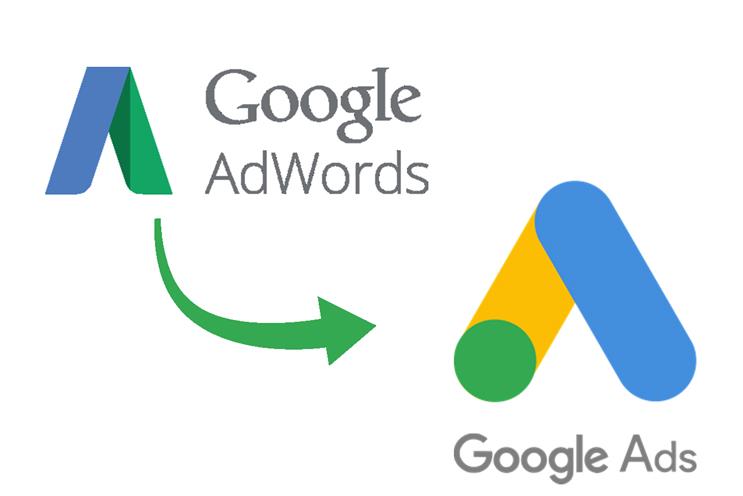Should Your B2B Business Start A Podcast?

The podcasting world is thriving, with over 98 million Americans listening to podcasts each week. Despite this, B2B companies have been slow to adopt this powerful medium into their marketing. So, should your B2B business start a podcast?
Considering that 83% of senior executives tune in to podcasts weekly, there’s a prime opportunity in this space for forward-thinking businesses to leverage this trend.
Here’s why you should consider adding podcasting to your B2B marketing mix today.
Why Your B2B Business SHOULD Start a Podcast

Starting a podcast can significantly enhance your B2B marketing strategy by creating a direct, engaging connection with your audience. Here are several compelling reasons why your business should consider launching a podcast.
1. Establish brand authority and thought leadership
For B2B businesses, establishing authority and thought leadership is crucial for gaining trust and influencing potential customers. In fact, 89% of decision-makers state that thought leadership enhances their perception of an organization.
A podcast lets you share expert insights and valuable content, boosting your credibility. By engaging in in-depth discussions and interviewing industry experts, you position your business as a leader and trusted resource, fostering deeper audience connections and attracting potential customers.
For example, Deloitte’s “Resilient” podcast and McKinsey & Company’s “The McKinsey Podcast” feature industry leaders discussing key trends. These podcasts reinforce their authority and solidify their reputations as thought leaders in the consulting industry.
2. Humanize your brand
Podcasts help B2B businesses humanize their brand and connect with their audience on a personal level. They facilitate relaxed, conversational communication, fostering genuine relationships with listeners.
This medium also facilitates storytelling and in-depth discussions, enabling businesses to share experiences, insights, and anecdotes that resonate with their target audience.
IBM’s “Blockchain Pulse” podcast discusses complex blockchain topics in an accessible, engaging way, making the brand approachable and relatable.
3. Grow your audience and enhance brand visibility
Podcasts are a powerful tool for B2B businesses to enhance visibility and grow their audience. With 504.9 million people globally listening to podcasts, this medium offers a direct line to influential business leaders and potential clients from around the world.
To reach new potential clients, start by identifying key topics and industry experts to feature, ensuring your content resonates with and adds value to your target audience. This will help you generate new leads and build lasting client relationships.
4. You can save on content creation costs and hassle
Podcasts offer a cost-effective way for B2B businesses to create and distribute high-quality content. Compared to video production, podcasts require minimal equipment—just a good microphone and editing software.
In addition, you can repurpose your podcast content into blogs, social media posts, and other formats, maximizing your content investment.
HubSpot, for instance, repurposes episodes of “The Growth Show” into various content pieces such as blog posts and social media posts. This extends their reach, enhances their brand’s visibility and SEO, and ensures a higher return on investment.
5. Meet your audience where they are
Podcasts make it easy for audiences to consume content on the go. According to Statista, 90% of US listeners report listening to podcasts during their leisure time at home, in the car, or at the gym.
Leverage this convenience and accessibility to ensure your business’ content is readily available to your audience.
6. Build valuable networks and relationships
Paul Cash, co-author of “Humanizing B2B,” emphasizes the importance of making real connections with customers and industry peers. A podcast allows your business to foster these connections in a meaningful way, offering a platform for dialogue and exchange of ideas.
By featuring guest speakers and conducting interviews with thought leaders in your podcast, you can simultaneously build strong relationships with potential clients and industry leaders – your guests. These relationships can transform into business opportunities, partnerships, or sales opportunities.
Now that you know why starting a podcast might be a great idea for your B2B business, let’s look at the other side of the coin.
Why Your B2B Business Should NOT Start a Podcast

While podcasts offer numerous benefits, they also come with significant challenges that might make them unsuitable for some B2B businesses.
Here are the primary reasons why starting a podcast might not be the best choice for your business, along with potential solutions for overcoming these obstacles.
1. Podcasts are time and resource-intensive
Podcasts are less time-consuming than videos but that doesn’t mean they are not time consuming. Producing a high-quality podcast requires a significant time commitment to plan, record, edit, and promote episodes. In addition, you may need dedicated personnel or resources to manage the podcast, which can be a considerable investment.
To manage time and resources effectively, consider outsourcing certain aspects of the podcast production. Hiring a podcast production agency or freelance editors can alleviate the workload.
Batch recording episodes can also help you streamline the process and ensure consistency without overwhelming your team.
2. Maintaining consistency and sustainability is challenging
Maintaining a regular publishing schedule is crucial for keeping your audience engaged. However, it can be challenging to consistently produce fresh and engaging content over time. This can lead to pod fade—a gradual decline in episode frequency and quality. Research indicates that 38.89% of all podcasts have produced three or less episodes, highlighting the difficulty in sustaining long-term content creation.
To help with consistency, develop a content strategy that includes a mix of evergreen topics and timely industry news to keep content ideas flowing. You should also involve multiple team members in content creation to diversify the input and reduce the burden on a single person.
Using a project management tool to track progress and deadlines can also help maintain a consistent release schedule.
3. High-quality production requires significant initial investment
High-quality audio production is essential to retain listeners, but achieving professional sound quality requires investment in equipment and editing skills. Poor audio quality can detract from the content and drive listeners away.
Make sure you invest in essential podcasting equipment, such as a good-quality microphone, pop filter, and headphones. Additionally, you can take advantage of free or affordable audio editing software like Audacity or GarageBand.
If your budget allows, consider hiring a professional audio editor to ensure high production standards.
4. Measuring podcast ROI and effectiveness can be difficult
Tracking and measuring a podcast’s success and impact can be challenging. Unlike traditional marketing channels, podcast metrics (e.g., downloads, listens, and engagement) may not directly translate into leads and sales.
To better understand your podcast’s impact, consider incorporating call-to-actions (CTAs) and unique tracking codes within episodes to measure conversion rates and direct impact on lead generation.
Regularly review and adjust your strategy based on these insights to optimize effectiveness.
5. Market saturation makes it hard to stand out
The increasing number of podcasts in various industries can make it difficult to stand out and attract a significant audience. With over 6 million podcasts on Spotify alone, market saturation means more competition for listeners’ attention.
To help your podcast shine, focus on a specific niche within your industry, offer unique insights, exclusive interviews, or specialized knowledge. Promoting your podcast through multiple channels, such as social media, email newsletters, and collaborations with other podcasters, can also help increase visibility and attract a loyal audience.
By understanding these challenges and implementing the suggested solutions, you can better assess whether starting a podcast aligns with your B2B business’ goals and capabilities.
How to Make Your Decision

Determining whether starting a podcast is right for your B2B business involves assessing a few key factors. Here are some pointers to help you decide:
1. Business goals and audience
Ensure the podcast aligns with your overall business strategy and objectives. Identify your target audience and their preferences to see if they align with podcast consumption.
Conduct market research and audience analysis to understand if your target audience engages with podcasts. You can also use surveys and social media analytics to gain insights.
2. Resources and capabilities
Evaluate your team’s skills and resources for podcast production. Producing high-quality content consistently requires time, effort, and technical expertise. Assess whether you have the necessary equipment and personnel.
Outline roles and responsibilities within your team and consider outsourcing tasks like editing and promotion if in-house capabilities are limited.
3. Potential benefits
Starting a podcast involves costs like equipment, production time, and marketing expenses. Balance these costs against potential benefits such as brand authority, audience engagement, and networking opportunities.
4. Alternatives
If a podcast seems too resource-intensive, consider other content marketing strategies. Blogs, webinars, and videos can also effectively engage your target audience.
Compare the effectiveness of various content marketing strategies. Evaluate which formats have previously generated the most engagement and leads for your business.
By carefully assessing your goals, resources, and audience preferences, you can make an informed decision about whether starting a podcast is the right move for your B2B business.
Conclusion

Starting a podcast can boost your B2B business. It can enhance visibility, engage your audience, and drive success. It’s time to start your podcast. Don’t procrastinate. Get your team together, gather the equipment you need, and create!
SeedX, a marketing agency in Austin, offers holistic digital and traditional marketing, technology development, and business strategy solutions designed for sustainable growth. Our experienced team provides end-to-end creative, technology, and strategic management to ensure your podcast is compelling and successful. Reach out to SeedX today to start off your podcast with a bang.













